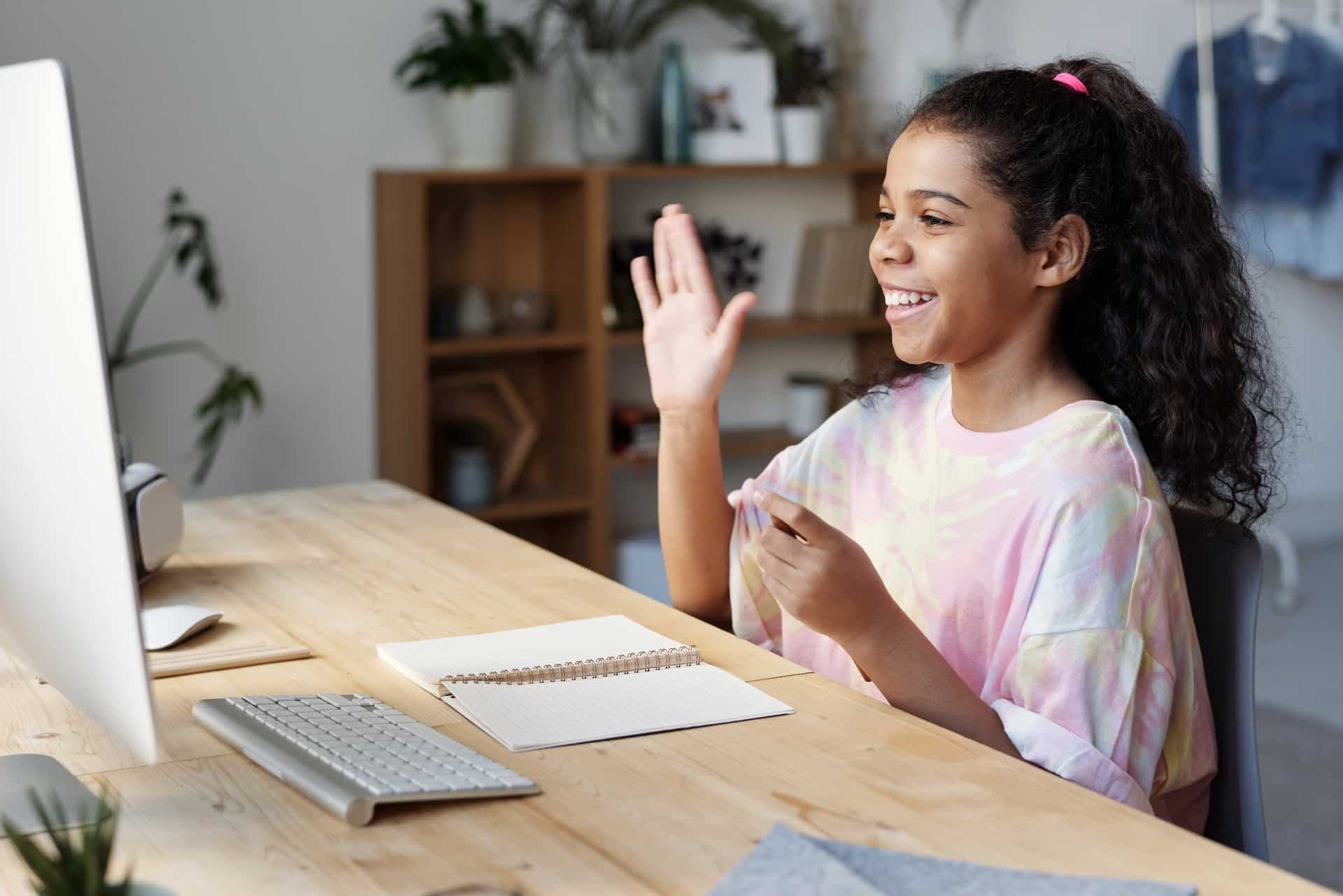Successful Collaborative Learning
11 December, 2020
Successful collaborative learning. Collaborative learning involves students working in pairs and larger groups to discuss questions and solve problems. This approach has been found to be beneficial to students because peer interaction can be used to address misunderstandings and clarifying misconceptions.
Studies have shown that collaborative learning has led to deeper understanding of material. Other benefits include students developing higher level thinking, as well as better communication skills, self-management, and leadership skills. All of these are not only beneficial to a successful academic career, but also are highly coveted in the career world. Collaborative learning also promotes student-teacher interactions and can actually boost student retention of material, self-esteem, and responsibility for their own learning. Collaborative learning also can expose students to diverse perspectives, which can help them develop a deeper thought process.
Although collaborative learning has many benefits, a student can only enjoy these benefits if the collaborative learning is well set up and the right environment. Have the student start the group early in the semester in order to set clear expectations. Have the student establish ground rules for work and participation to avoid conflicts in the future. If this group comes in the form of a group project, have the student be clear about each stage in the project. The point of these groups is to help the student develop the skills to succeed so providing them with the opportunities to develop these skills in these groups is critical. Lastly have the student incorporate self or group assessment into their time. This will allow the student to reflect on their work and develop critical self-management skills.
For shorter assessments, effective group work or learning usually involves three steps. The first is identification of the task. This can be as simple as discussing answers to homework or as complex as doing a large project together. The second is providing enough time for them to address the task. Collaborative learning can not be done effectively in just a few minutes. The last step is making sure that students understand. This can take the form in students asking each other questions or parent or teacher intervention.
For larger and more complex group projects the steps are a little more complicated than before. But there are still some things that can be done to make sure that the project is effective. Students need time to create a plan to divide up responsibilities and plan for deadlines. This is critical to their success. Having the students set ground rules and assign roles will help the group function together as well as prevent one student from doing all the work. The student also needs space to be able to tell a teacher or parent if someone is not pulling their weight. Encourage the student to tell the teacher if something is going wrong in the group.
Group work might be daunting to some students, but with the right set up and guidance it can help build vital skills for the career world.
Click to read original article on Successful Collaborative Learning Original Article. For more Peak Academic Coaching articles visit the Blog Page. If you would like information about PAC’s success habit building and executive functioning skills training program visit the Academic Coaching Page. If you would like to see an overview of services offered by PAC, check out the Home Page. Read many amazing PAC success stories on the Testimonials Page. For a full overview of the services offered by Peak Academic Coaching go to the Home Page. Access PAC’s indepth phylosophy on our Core Principles Page. To see who PAC serves visit the About PAC Page. Does your child need Tutoring? To see the many areas of subject tutoring in which we offer support, visit the PAC Tutoring Page.
Get Started Today
To learn more about the programs offered by Peak Academic Coaching, visit our Academic Coaching and Executive Functioning Skills Coach pages. We also specialize in academic coaching for students with ADHD.


Trending Posts

Wednesday 15 December 2021
How to Help Kids with ADHD Develop Executive Functioning Skills

Friday 5 August 2022
How to Improve Executive Functioning Skills Online

Sunday 28 February 2021


 Previous Post
Previous Post